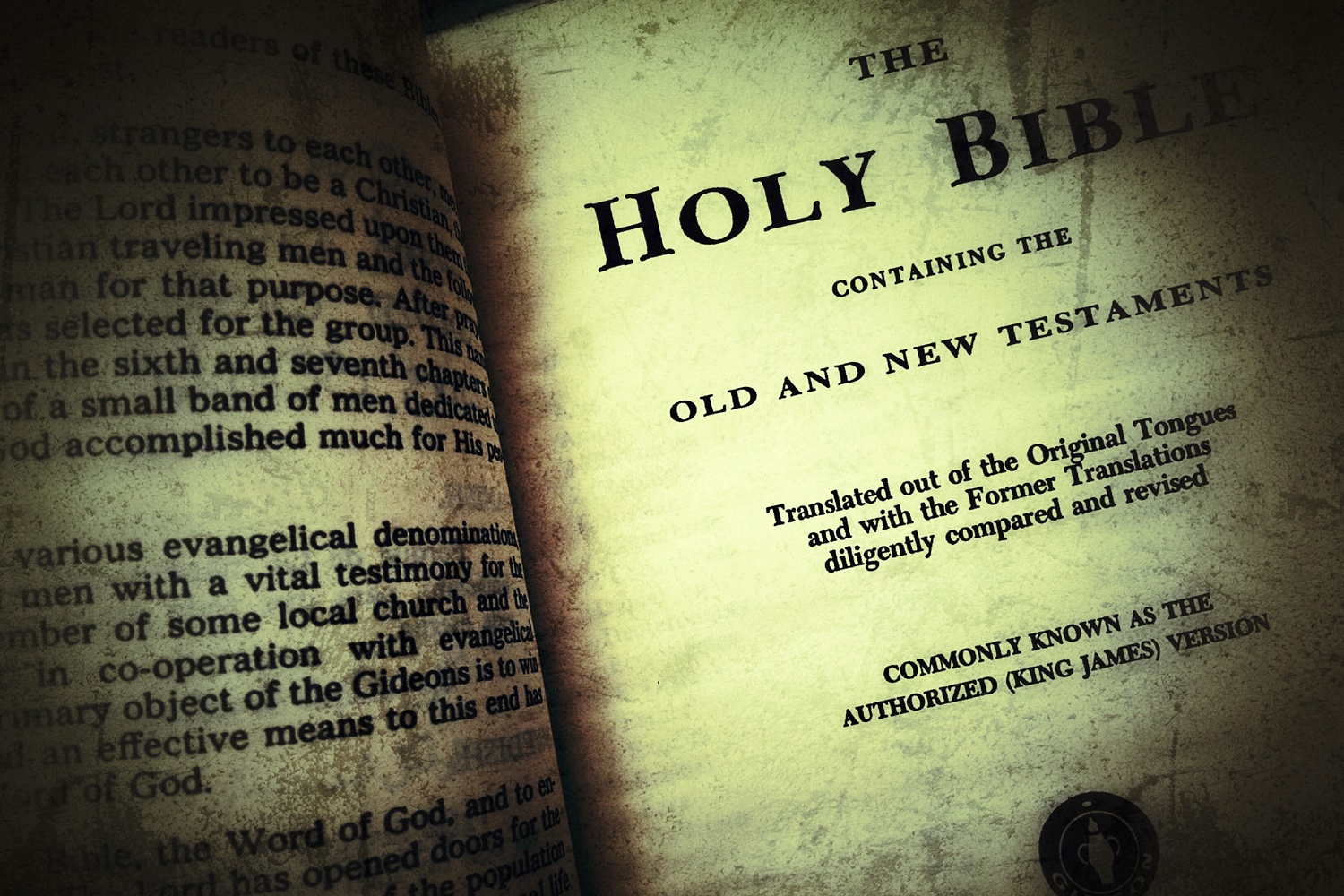After what I considered to be a decent morning sermon, one of our church members handed me a note as I was greeting people at the door. Later I opened it and read a verse from 1 Corinthians 14—
And if the bugle gives an indistinct sound, who will get ready for battle?
1 Corinthians 14:8, ESV
Later I had the opportunity to ask the man what exactly was intended by the note and the particular verse that had been referenced. He was an encourager by nature, and he told me that he truly appreciated my preaching and the effort evident in my preparation. He added, though, that on some points that day I had been vague in my treatment of the passage and left him with more questions than answers. It was a gentle call to clarity in my preaching and teaching.
There’s certainly an element of ambiguity in our faith. In the mystery of His ways God has chosen not to tell us everything. Deuteronomy 29:29 reminds us that “The secret things belong to the Lord our God, but the things that are revealed belong to us and to our children forever, that we may do all the words of this law.” That, of course, is a distinctive of faith, the reality that His ways are not our ways (Isaiah 55:8) and that mere mortals cannot know the mind of God (Romans 11:34)
Someone wrote that a biblical lesson is less a meteor and more a sun. It’s test is: can it make something grow? That Bible instruction is clear and unambiguous has always been a mark of great communicators. It is more so in these times because the people in our classrooms and worship centers are dealing with the hard life issues of a growing secular culture. They’re in church to find God’s answers to the dilemmas of life. When truth is layered in theo-speak, psycho-babble, legalese, or any of our other contemporary dialects the entire mission of the church, you know, making disciples, is jeopardized. You can’t make disciples with Roget’s Thesaurus as your chief source.
Being simple and forthright doesn’t equate with superficial. One writer challenged preachers and teachers to go deep but don’t come up dry. In the information age, resources are readily available for in-depth study, gathering of background information, and establishing the meaning and context of a Scripture passage. Just the same, the message can be obscured when it is conveyed in cloudy ways.
Being on-point is the deal. Here’s a thought or two —
- Believers have the mind of Christ (1 Corinthians 2:16). He lives in us and reveals truth to us (John 14:26)
- Jesus valued the mind and heart of a child (Matthew 18:3)
- We’re to avoid babble when we speak (2 Timothy 2:16)
- We should always pray for the right words (Luke 12:12)
Years ago Morris Chalfant wrote an article in Preaching Magazine (see preaching.com (1/1/94). He told about a small town newspaper that printed the sermon of one of the local church pastors every week. In one printing, the typesetter inadvertently inserted the letter “l” in place of the letter “h” in the word “charity”. The text then read, “Though I speak with the tongues of men and of angels, and have not clarity, I am become as sounding brass, or a tinkling symbol” (1 Corinthians 13:1, KJV).
The mistake certainly added a twist to the beginning of the love chapter. But, there’s some truth there even with the error. Chalfant went on to indicate that there’s some charity in clarity, and our preaching and teaching should always be simple, clear, and to the point.
These are complex times. Scriptural truth on the issues of marriage, the sanctity of life, religious liberty, racism, authority, human trafficking, the care of orphans, and so many others must be articulated with great clarity. This also requires courage.
John Stott wrote “Clarity without courage is like sunshine in the desert: plenty of light but nothing worth looking at. Courage without clarity is like a beautiful landscape at night time: plenty to see, but no light by which to enjoy it. What is needed in the pulpits of the world today is a combination of clarity and courage, or of ‘utterance’ and ‘boldness’” (Article at thegospelcoalition.org, September 13, 2014).
So, there it is, the admixture of charity, clarity, and courage.






No Comments